Bowing Basement Walls
Signs of Foundation FailureDo your walls need a foundation repair company?
Cracked and bowing basement walls can develop immediately following construction or years later as changes occur within the soils that surround your home. If you notice this, have your foundation inspected by a specialist to determine if you need a bowing wall repair before the foundation repair cost becomes greater from neglect.
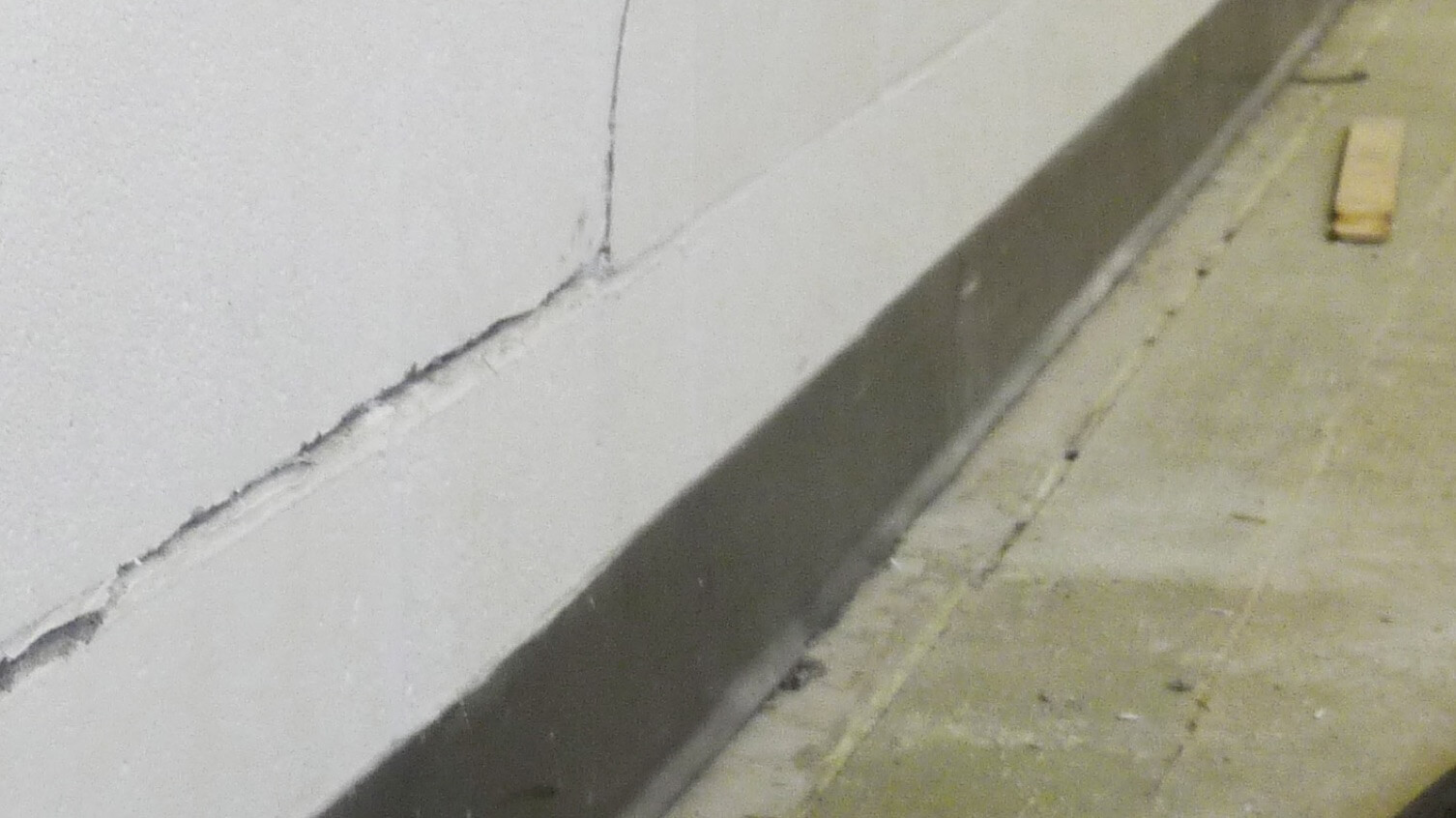
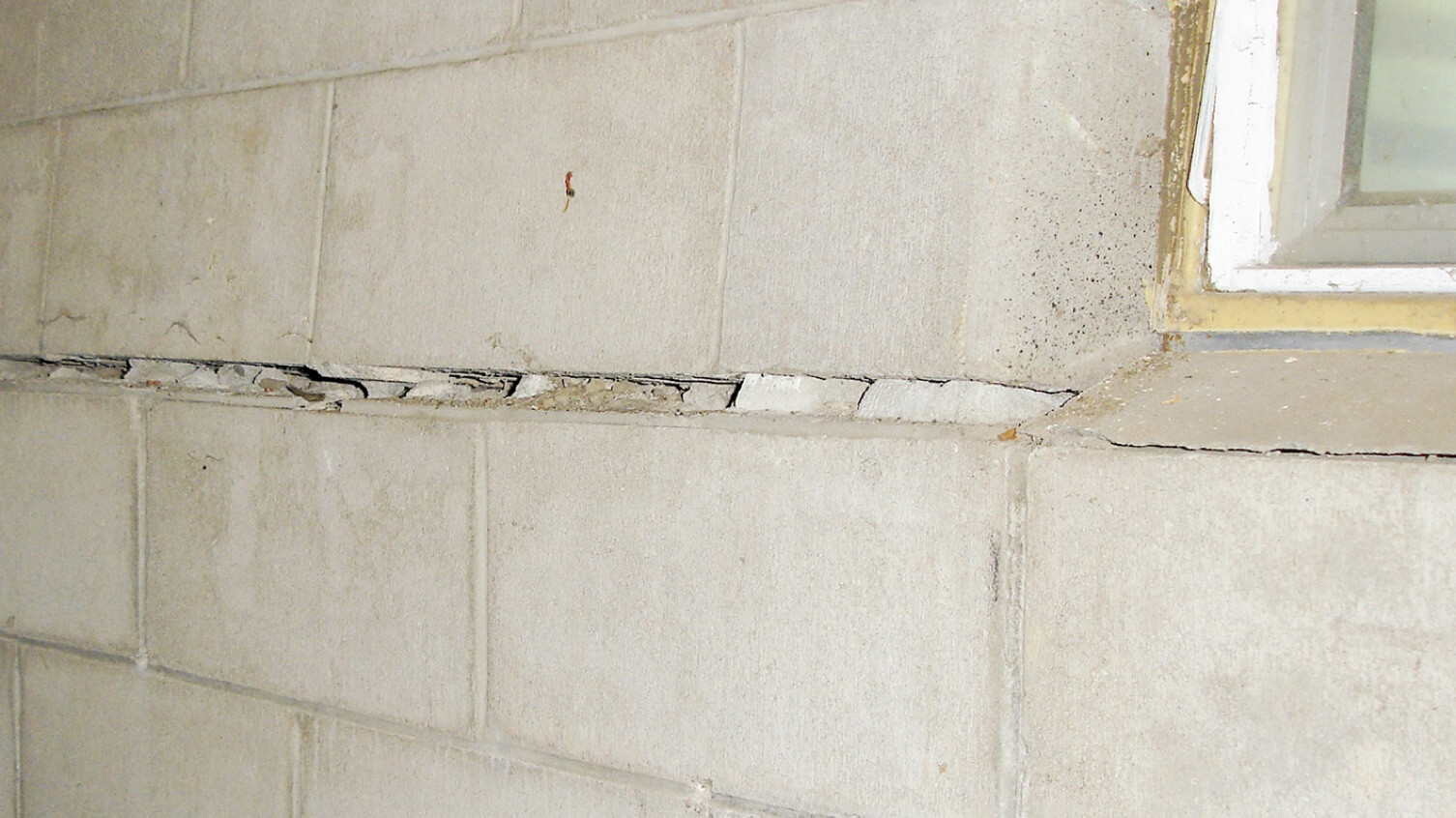
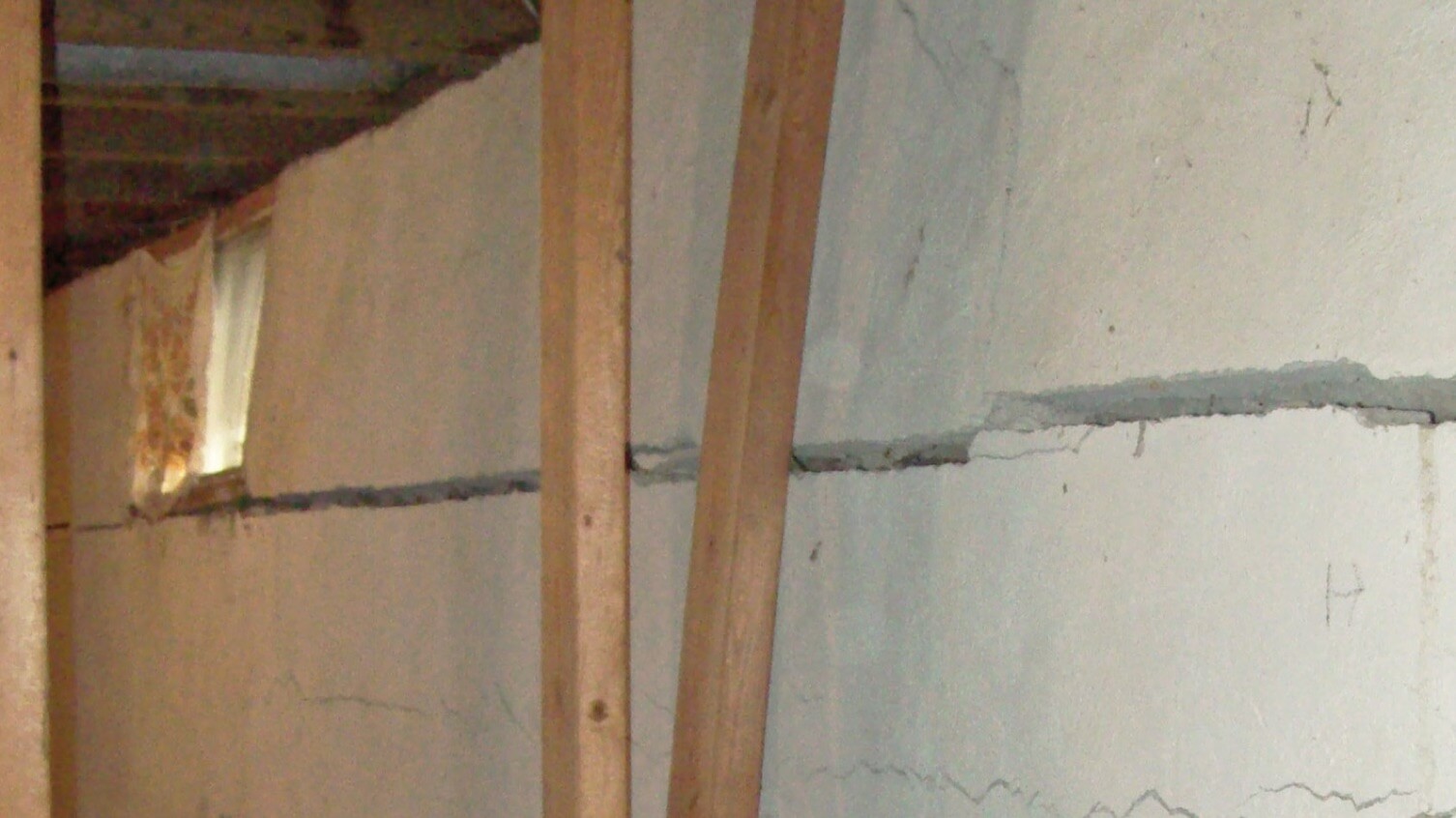
Common signs of bowing foundation problems
Horizontal cracking near the middle of the wall is one of the first symptoms you'll notice when it's bowing. Horizontal cracks usually start small and increase in width over time. A foundation repair specialist will be able to install the right system to fix your foundation in place and prevent the damage from spreading. Once the wall is secure, the foundation crack repair can be done without the threat of it returning.
How did this happen?
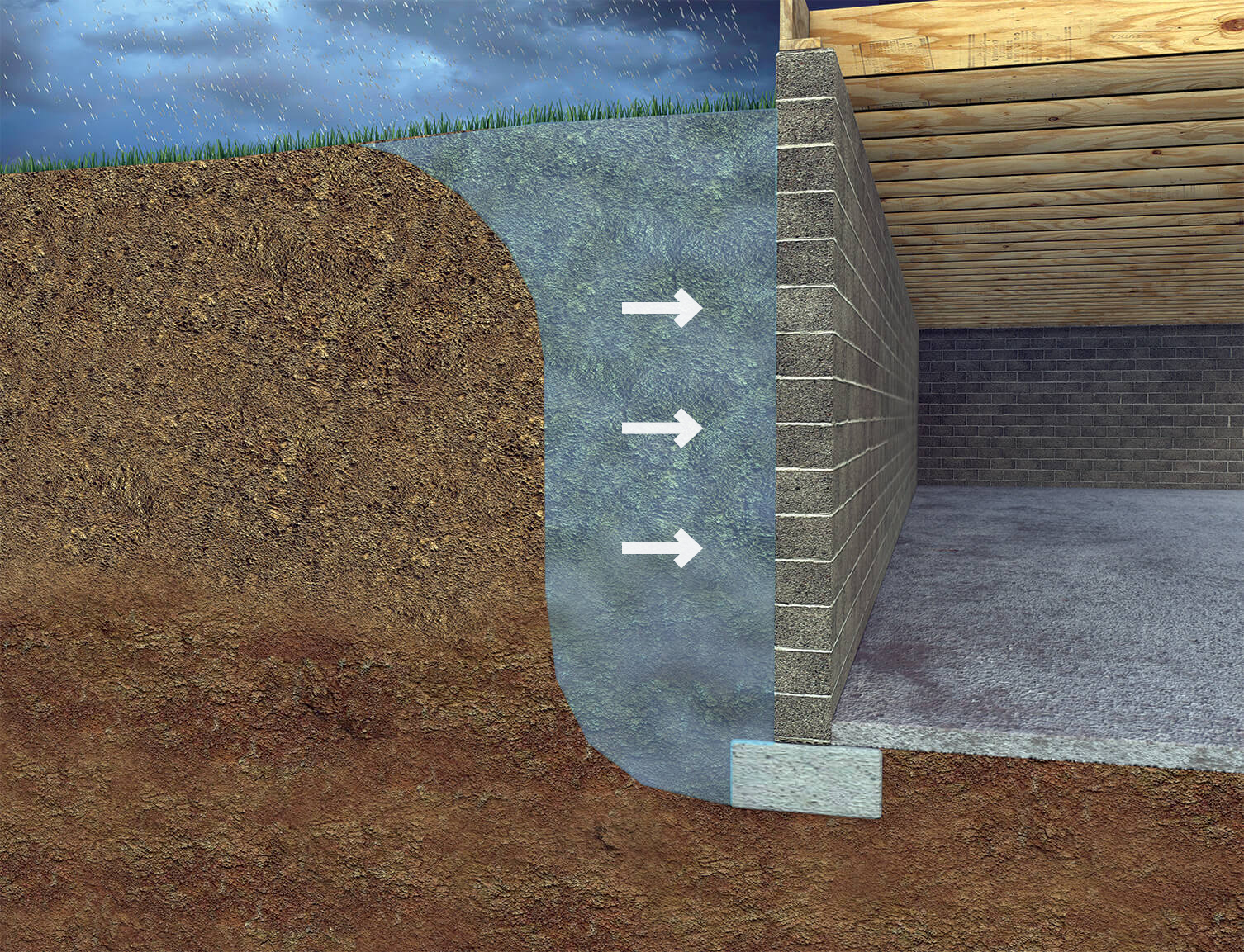
Hydrostatic pressure
When the soil around your house becomes saturated with water from heavy rains or water leaks, the water exerts additional pressure against the walls.

Frost
In areas with cold winter climates, frost can put pressure on a wall and cause it to fail, especially if the basement is unheated. Frost forces can be extremely powerful and can even lift shallow foundations up out of the ground, causing significant damage to the home.
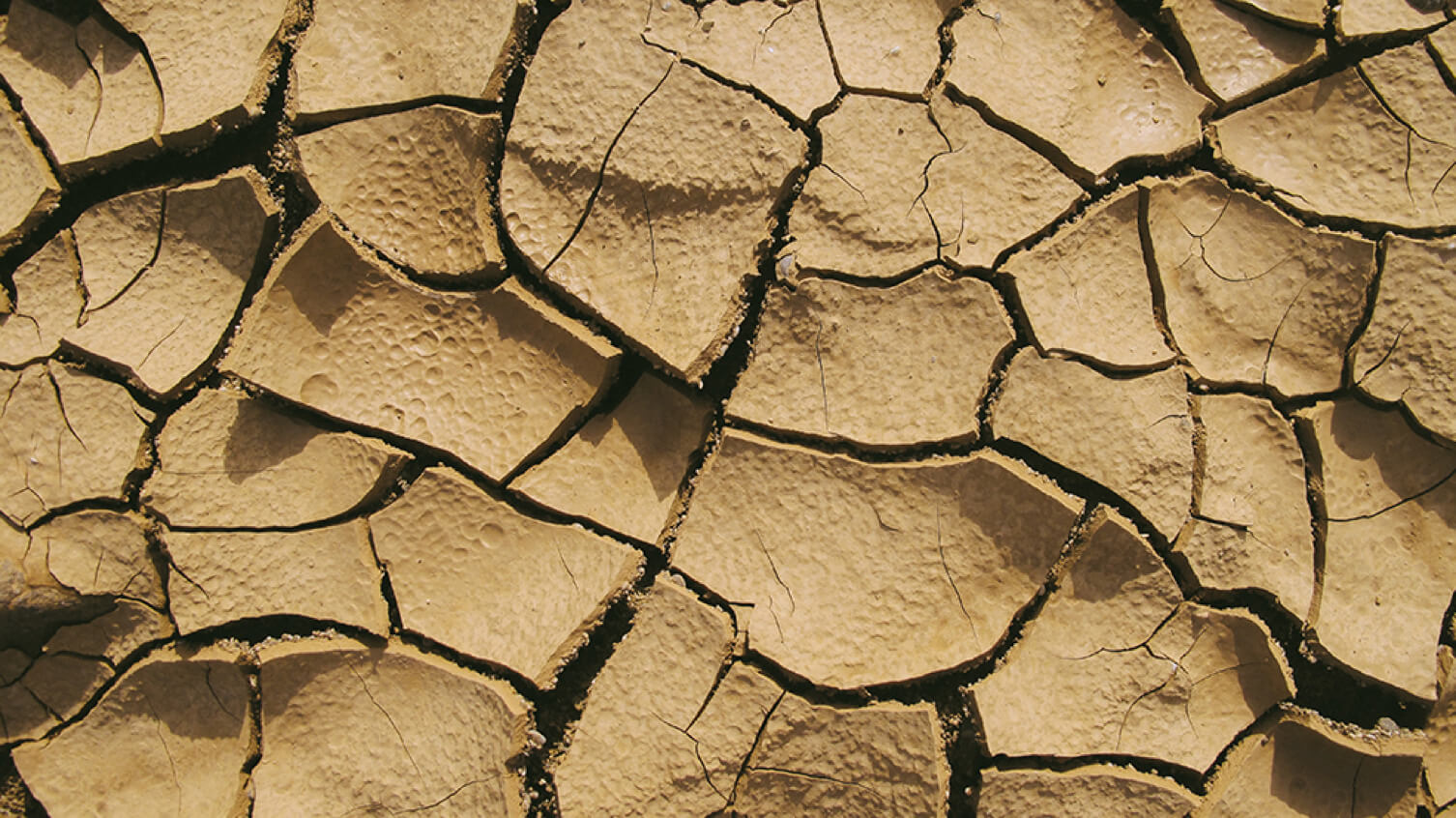
Expansive clay soil
Clay is a common soil type in many areas. It expands and contracts as the amount of moisture in the ground increases or decreases. When you see dirt with cracks at the surface during a dry spell, this is what you're actually seeing - clay soil shrinks when it gets dry. When it rains and the clay soil gets wet it expands. This increase in size puts a lot of pressure on your basement walls. When the pressure is more than the wall can handle, the wall begins to push inward.

Why fix your foundation problems now and not later?
- Foundation problems only get worse over time. Hoping, praying and putting them out of your mind won't reverse the symptoms and make the situation better.
- Foundation problems will never be less expensive to fix than they are today.
- This is your home's foundation we're talking about. It supports your house and everything in it, including your family. Do you really want to let it deteriorate?
The Real Estate Seller Disclosure Act requires foundation repair needs to be disclosed to potential home buyers. Realtors tell us they are forced to discount homes with foundation structural defects 10-20% to make a sale. What is your home worth in today's market? Imagine losing that much money from your home's value by not permanently fixing your foundation!
Foundation & concrete problems don't get better with time, they get better with us.
Find a foundation repair or concrete company near you to fix them, so you can breathe easy and sleep well tonight. Our specialists will deliver the most precise and competitive foundation repair estimate available.
Looking for a price? Get a no cost, no obligation free estimate.